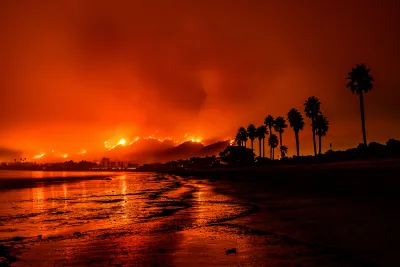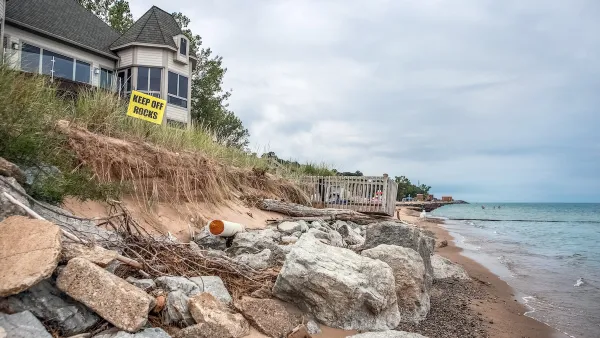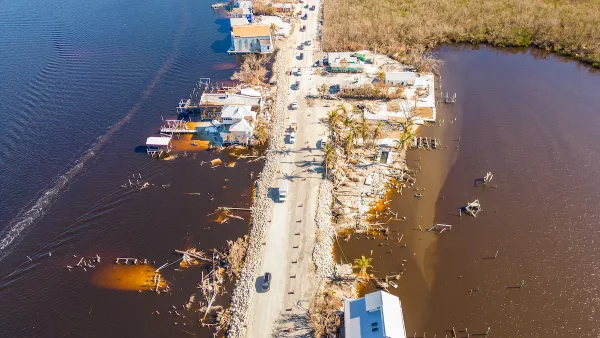The proposed state general obligation bond would address the need to protect communities and natural resources from the impacts of climate change.

California is increasingly experiencing the impacts of climate change, including sea level rise, increased severity and frequency of wildfires, changes in precipitation that increase the risk of both drought and flooding, and increases in temperatures that can adversely impact air quality, public health, and habitats.
State legislators are now considering issuing a general obligation bond to address the need to protect communities and natural resources from the impacts of climate change. If approved by both houses and signed by the Governor, California voters would see the $15.5 billion bond measure on a 2024 statewide ballot in either March or November.
The initiative dedicates funding for projects to:
- Reduce fire risk near communities and ensure forests are healthy enough to withstand more intense wildfires;
- Reduce the risk of catastrophic flood events by slowing and capturing runoff, which will improve groundwater infiltration and help to stabilize drinking water supplies;
- Protect coastal communities from sea-level rise; and
- Help urban communities adapt to rising temperatures by reducing heat-island effects through greening projects such as parks and supportive measures such as cooling centers.
General obligation bonds are debt that is secured by the General Fund; the debt service on bonds issued by the state must be paid on an annual basis. Fully paying off a bond issue can take decades (sometimes 30 or more years). Bonds issued by the State of California are able to obtain favorable financing because interest on these bonds is tax exempt. Per the California Constitution, voters must approve general obligation bonds in excess of $300,000. There are two pathways to the ballot for general obligation bonds that exceed this $300,000 threshold: 1) through an act of the Legislature; and, 2) via the citizens’ initiative process.
FULL STORY: $15.5 Billion 'Climate Resiliency Bond' Getting Ready for Voters on 2024 Ballot

Analysis: Cybertruck Fatality Rate Far Exceeds That of Ford Pinto
The Tesla Cybertruck was recalled seven times last year.

National Parks Layoffs Will Cause Communities to Lose Billions
Thousands of essential park workers were laid off this week, just before the busy spring break season.

Retro-silient?: America’s First “Eco-burb,” The Woodlands Turns 50
A master-planned community north of Houston offers lessons on green infrastructure and resilient design, but falls short of its founder’s lofty affordability and walkability goals.

Test News Post 1
This is a summary

Analysis: Cybertruck Fatality Rate Far Exceeds That of Ford Pinto
The Tesla Cybertruck was recalled seven times last year.

Test News Headline 46
Test for the image on the front page.
Urban Design for Planners 1: Software Tools
This six-course series explores essential urban design concepts using open source software and equips planners with the tools they need to participate fully in the urban design process.
Planning for Universal Design
Learn the tools for implementing Universal Design in planning regulations.
EMC Planning Group, Inc.
Planetizen
Planetizen
Mpact (formerly Rail~Volution)
Great Falls Development Authority, Inc.
HUDs Office of Policy Development and Research
NYU Wagner Graduate School of Public Service




























